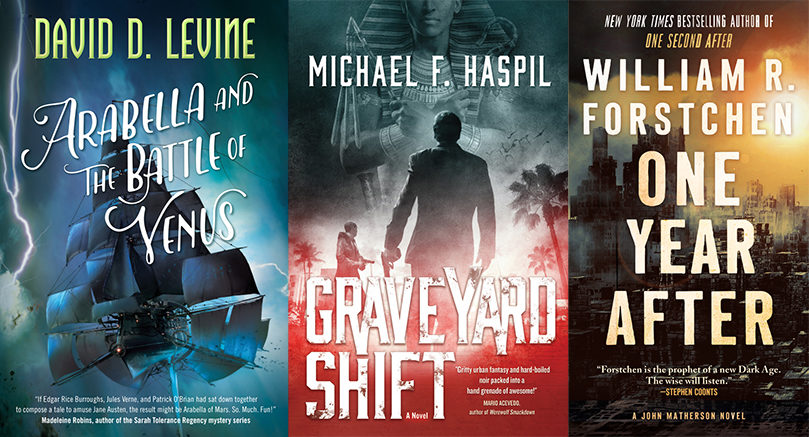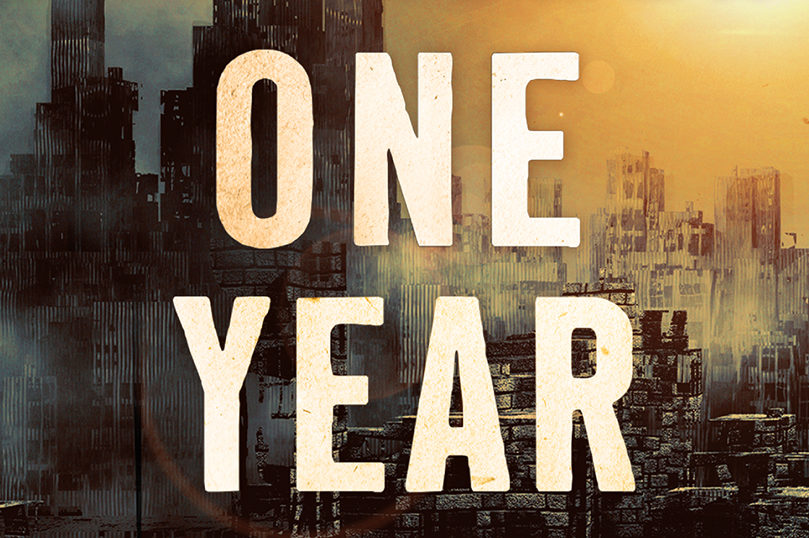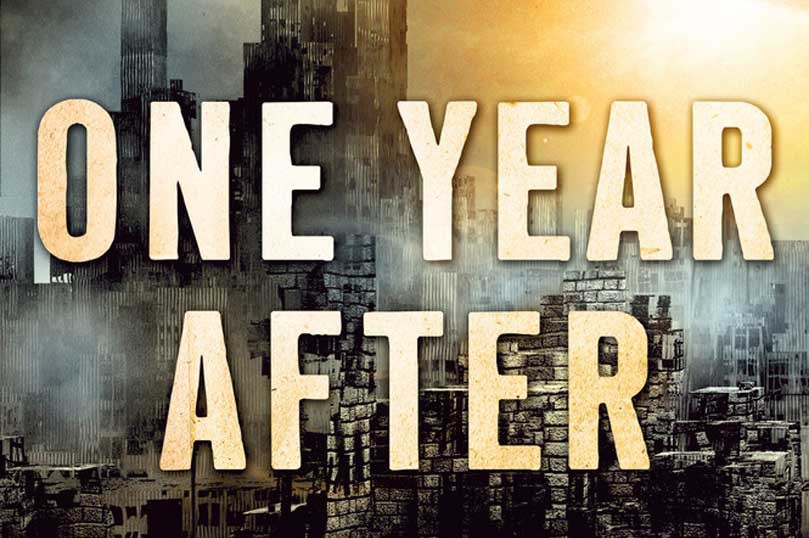
New Releases: 7/18/17
New from David D. Levine, Michael F. Haspil, William R. Forstchen and more!

New from David D. Levine, Michael F. Haspil, William R. Forstchen and more!

New ebook bundles featuring titles by Brandon Sanderson, William R. Forstchen, and more!

Here’s what went on sale today! The Damned of Petersburg by Ralph Peters As Grant pinned Lee to Petersburg and Richmond, the Confederacy’s stubborn Army of Northern Virginia struggled against a relentless Union behemoth, with breathtaking valor and sacrifice on both sides. That confrontation in the bloody summer and autumn of 1864 shaped the nation…

Months before publication, William R. Forstchen’s One Second After was cited on the floor of Congress as a book all Americans should read. This thrilling follow-up to that smash hit begins one year after One Second After ends, two years since nuclear weapons were detonated above the United States and brought America to its knees.…
Tor/Forge authors are on the road in December! Once a month, we’re collecting info about all of our upcoming author events. Check and see who will be coming to a city near you: Jason Denzel, Mystic Saturday, December 12 Barnes & Noble Also with Brandon Sanderson. Orem, UT 2:00 PM William Forstchen, One Year After Saturday,…
Tor/Forge authors are on the road in October! Once a month, we’re collecting info about all of our upcoming author events. Check and see who will be coming to a city near you: Howie Carr, Killers Friday, October 30 Concord Library Festival of Authors’ Mystery Night (panel discussion) Concord Free Public Library Concord, MA 7:30…

One Second After was a dire warning of what might be our future…and our end. Now, One Year After returns to the small town of Black Mountain, and the man who struggled so hard to rebuild it in the wake of devastation-John Matherson. It is a thrilling follow-up and should delight fans in every way.…